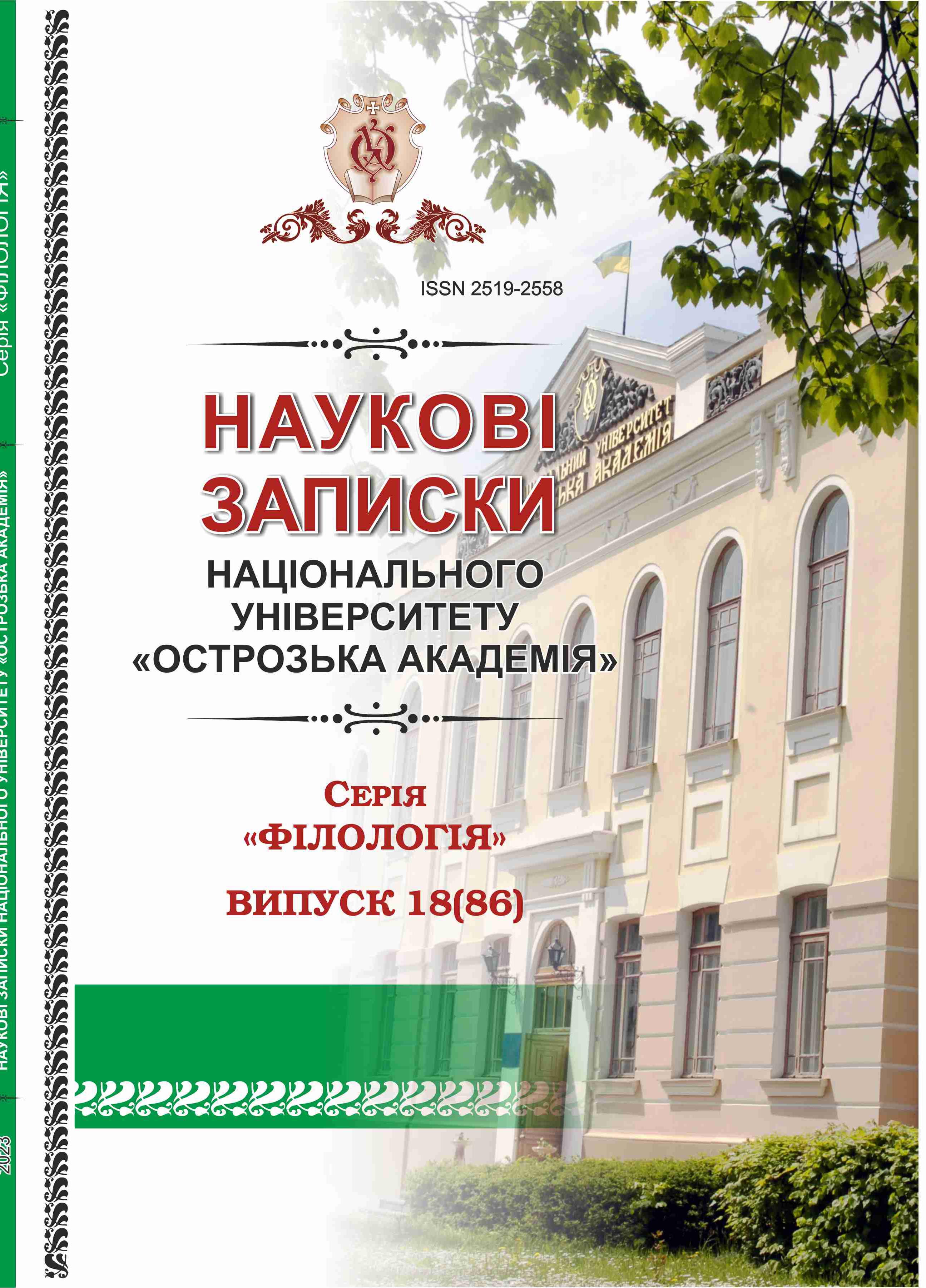НАВЧАННЯ АНГЛІЙСЬКОЇ МОВИ СТУДЕНТІВ МОВНИХ І НЕМОВНИХ СПЕЦІАЛЬНОСТЕЙ ЗАСОБАМИ МОВНИХ КОМП’ЮТЕРНИХ ІГОР : ПСИХОЛОГІЧНИЙ АСПЕКТ
Ключові слова:
англійська мова, європейські підходи, мовна комп’ютерна гра, мовна освітаАнотація
Стаття присвячена огляду питань, пов’язаних з мовними комп’ютерними іграми для навчання англійської мови як майбутніх перекладачів-філологів, так і здобувачів вищої освіти інших спеціальностей. З опертям на практичний досвід визначено, що на заняттях з англійської мови викладачі мають можливість формування імерсивного середовища, що дозволяє студентам зануритися в мовну практику та забезпечує їх інтерактивну участь у процесі навчання. Імерсивність може бути досягнута за допомогою використання віртуальної реальності, інтерактивних ігор та симуляцій, що дозволяє створювати реалістичні комунікативні ситуації та сприяє формуванню мовних навичок та комунікативної компетентності. У статті охарактеризовано можливості сучасних технологій, спрямованих на полегшення процесу навчання студентів, з’ясовано види та форми ігор, якими можуть послуговуватися викладачі для проведення практичних занять, передбачених програмою вищої школи. Досліджено, що одним із провідних завдань сучасних вищих навчальних закладів є якісна підготовка майбутніх випускників до здійснення професійної діяльності. Доведено, що цієї мети можливо досягнути за умови систематичної практики в іншомовній комунікації не лише в усній, але й в письмовій формі, організованої на основі інноваційних методів навчання із застосуванням комп’ютерних ігор. У статті розглянуто вплив інтерактивних ігор на вмотивованість та результативність опанування англійською мовою у вищій школі України. Визначено основні новації роботи за умов онлайн навчання, що базуються на європейському досвіді, розкрито їх сутність.

